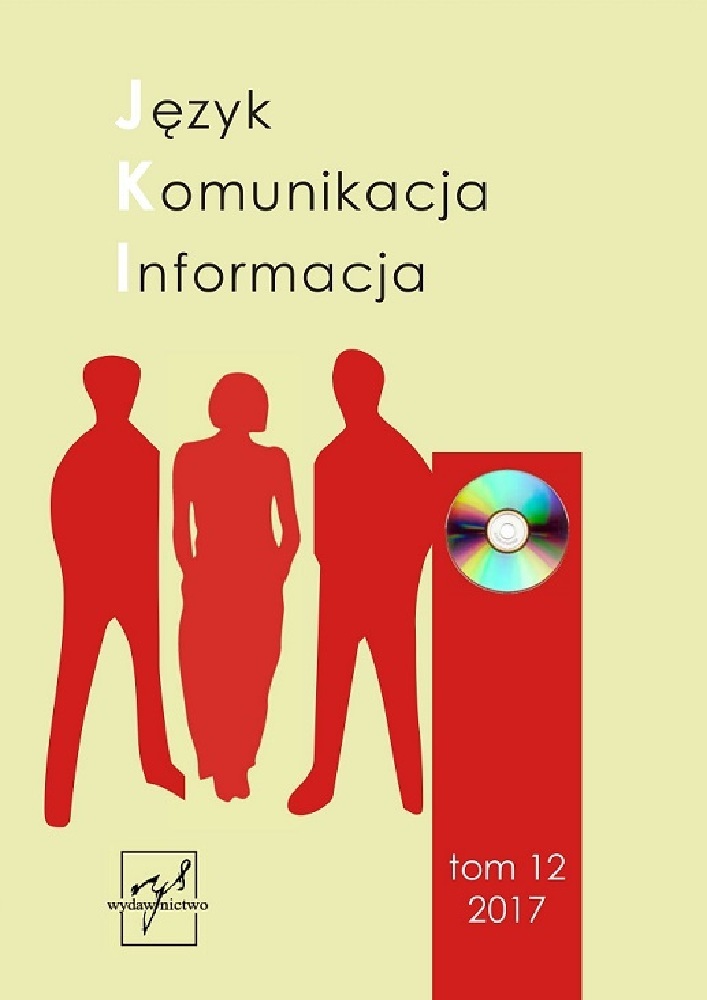Abstract
What are those threats and challenges that languages face in a time of globalization, when progress and prosperity speaks the dominant language? And how far can they avoid the influences of the most widely spoken languages? How can languages participate in intercultural dialogue and keep their language identity at the same time? The paper provides an attempt to answer these questions and focuses on the example of the Georgian language, spoken by approximately 4 million people. The example of Georgian is significant for several reasons: a) it is an official language of Georgia, a country with great language diversity and therefore, as an official language its policy is designed to protect other regional and ethnic languages; b) on the other hand, Georgian can be considered as a language whose viability is under threat. The paper presents a picture of the historical background, describes the threats existing during and after the Soviet regime. It also concentrates on the current situation, language policy and current challenges.References
Amirejibi-Mullen, Rusudan 2012: Language Policy and Natonal Identity in Georgia. Queen Mary: University of London.
Arabuli, Avtandil 2004: Georgian Speech Culture. Tbilisi: Universal Publishing (in Georgian).
Chikobava, Arnold (ed.) 1950: Explanatory Dictionary of the Georgian Language in 8 volumes, volume 1. Tbilisi: Academy of Sciences Publishing of the Georgian SSR (in Georgian).
Crystal, David 2003 [1997]: English as a Global Language. Cambridge: Cambridge University Press.
Gabunia K., Ezugbaia L., Kiria Ch. 2010: Linguistic Situation in Contemporary Georgia. Tbilisi (in Georgian).
Georgian Soviet Encyclopedia in 11 volumes (GSE), ‘Georgian Language’, volume 10, 1986: 475 (in Georgian).
Grenoble, Lenore A. 2003: Language Policy in the Soviet Union. New York, Boston, Dordrecht, London, Moscow: Kluwer Academic Publishers.
Hagège, Claude 2012: Imposer sa langue, c’est imposer sa pensé. L’express. https://www.lexpress.fr/culture/livre/claude-hagege-imposer-sa-langue-c-est-imposer-sa-pensee_1098440.html
Hewitt, George 2004: Introduction to the Study of the Languages of the Caucasus. Muenchen: Lincom Europa.
Institute of Linguistics 2009: On the Atlas of the World’s Languages in Danger. Official text submitted to the Ministry of Foreign Affairs in Georgia to be presented to the UNESCO. Tbilisi: Institute of Linguistics (in Georgian).
Krauss, Michael 1992: The world’s languages in crisis. Language vol. 68 (1): 4-10.
Ministry of Justice 2008: Ethnic cleansing of Georgians resulted from Russian invasion and occupation since August 8, 2008. HDIM.DEL/320/08 6 October 2008 https://www.osce.org/odihr/34091?download=true
The Law of Georgia on Official Language: https://matsne.gov.ge/en/document/view/2931198
Rayfield, Donald 2000: The Literature of Georgia, A History. Richmond: Curzon Press.
Tonkin, Humphrey 2003. The search for a global linguistic strategy. In: Maurais Jacques and Morris Michael A. (eds): Language in a Globalizing World. Cambridge: Cambridge University Press. 319-333.
UNESCO 2003: Language Vitality and Endangerment. UNESCO Ad Hoc Expert Group on Endangered Languages, document submitted to the International Expert Meeting on UNESCO Programme Safeguarding of Endangered Languages, Paris, 10-12 March: www.unesco.org
License
Open Access Policy: This journal provides immediate open access to its content on the principle that making research freely available to the public supports a greater global exchange of knowledge.
By sending their contributions authors accept that papers published in this journal are available online free of charge (Open Access) and are subject to the Creative Commons license 4.0 version BY-NC-ND.
